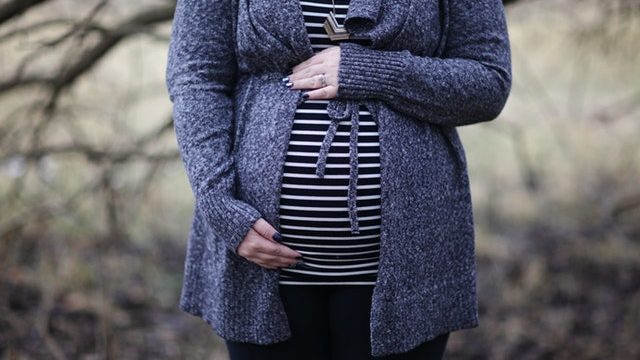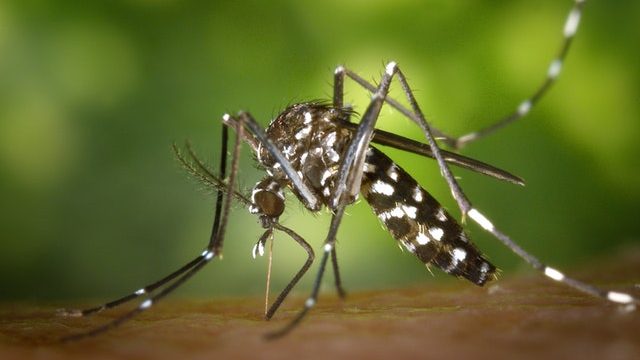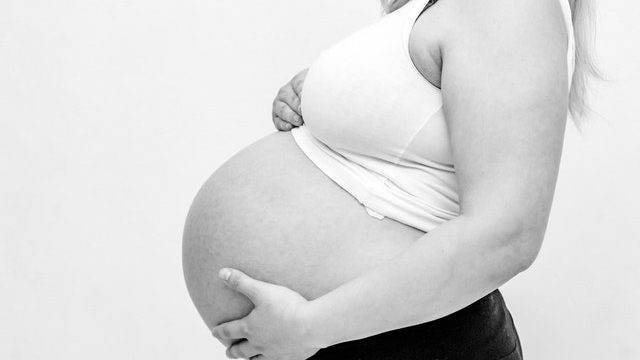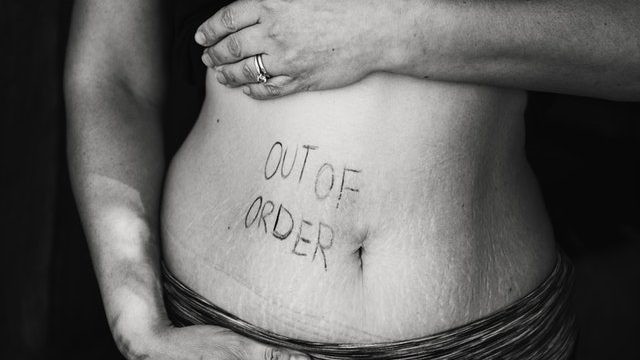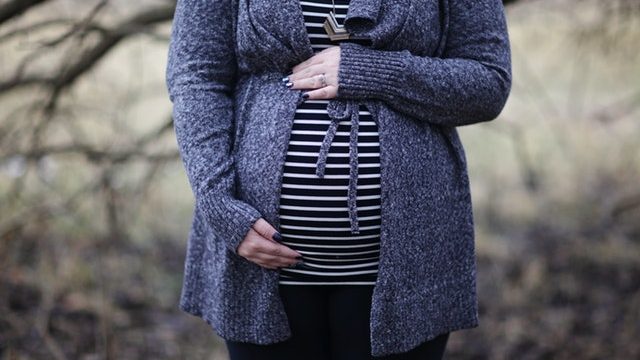Whooping cough (Pertussis) infection continues to be a global problem. Newborns contract serious pertussis infections from family members especially their mothers, or older siblings. That is why Whooping Cough Vaccination In Pregnancy is recommended.
It is a serious infection that causes long bouts of coughing and choking, making it difficult to breathe.
Why take Whooping Cough Vaccination In Pregnancy?
- It is recommended that every pregnant woman should be vaccinated.
- It is highly effective in protecting the baby from developing whooping cough in the first few weeks of their life.
- The mother develops antibodies from the vaccine, and they will pass to the baby through the placenta and provide protection, till the baby is old enough vaccinated against whooping cough at 2 months of age.
- In the newborn, the infection can be serious and life-threatening.
- It is particularly important in newborn babies as they cannot get vaccinated before 8 weeks of age and therefore are very vulnerable in the first 12 weeks which is the earliest that they will have antibodies.
In present times there is no vaccine only for pertussis. Therefore, all women are given the vaccine that immunizes for pertussis, diphtheria and tetanus. The vaccine is given in the upper arm.
Are there any side-effects?
The patient may have mild side effects such as:
- Mild Fever
- Swelling
- Redness or tenderness at the site of the injection.
The current recommendations are:
- A dose of tetanus toxoid
- Reduced diphtheria toxoid
- Acellular pertussis (Tdap) should be administered during each pregnancy, irrespective of the prior history of receiving Tdap.
When is the pertussis vaccination given?
- The recommended timing for maternal Tdap vaccination is between 27 weeks and 36 weeks of gestation.
- The Tdap vaccine can be safely given at any time during pregnancy if needed for wound management, pertussis outbreaks, or other extenuating circumstances.
- If a pregnant woman is vaccinated early in her pregnancy (ie, before 27–36 weeks of gestation), she does not need to be vaccinated again during 27–36 weeks of gestation.
The vaccine is very safe and there is no adverse effect on the mother or the fetus.
If not administered during pregnancy, the Tdap vaccine should be given immediately postpartum if the woman has never received a prior dose of Tdap as an adolescent, adult, or during a previous pregnancy.
To ensure protection against maternal and neonatal tetanus, pregnant women who have never been vaccinated against tetanus should begin the three-vaccination series, containing tetanus and reduced diphtheria toxoids, during pregnancy.
The recommended schedule for this vaccine series is at 0 weeks, 4 weeks, and 6–12 months. The Tdap vaccine should replace one dose of Td, preferably given between 27 weeks and 36 weeks of gestation.
The Tdap vaccination can be given at the same time as the Rho(D) immune globulin administration for women who are Rh negative.
Tdap vaccination is necessary during every pregnancy to give the best possible protection to the newborn.
It is important to note that it is not recommended to give Tdap as a part of routine preconception care.
Adolescent and adult family members and caregivers who previously have not received the Tdap vaccine and who have or anticipate having close contact with an infant younger than 12 months should receive a single dose of Tdap at least 2 weeks before coming in contact with the newborn.
For appointments with Dr. Sangeeta Agrawal: Gynecologist In Prabhadevi, Mumbai, please write to us.

































